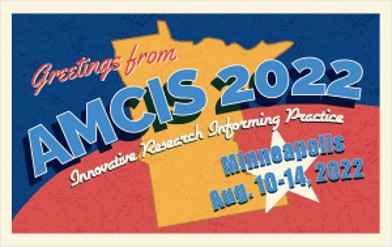Conference Theme Track - Innovative Research Informing Practice
Loading...
Paper Type
Complete
Paper Number
1339
Description
Medical document indexing can benefit from both automation and human feedback. This research develops a semi-automatic indexing pipeline (SIP) for medical document retrieval in resource-constrained settings. The SIP includes an affordable and efficient automated process for preparing and indexing continuing medical education documents and a human feedback loop to validate recommended terms. It leverages pre- trained Named-entity Recognition models to identify appropriate terms from the MeSH vocabulary and higher-level subject terms from UMLS. The SIP achieved a precision of 59%, a recall of 64%, and an F1 score of 61% based on the expert evaluation of 124 distinct medical documents. The combination of automation with a human expert feedback loop demonstrates a model strategy for an affordable and practical approach to document indexing in resource-limited yet critical services. The SIP may be extended to other environments and information sources to improve the efficiency and accuracy of information retrieval.
Recommended Citation
Davison, Stephen; Avgil, Dana; Li, Yan; and Yang, Sonia, "A Semi-automatic Indexing Pipeline for Medical Document Retrieval in Resource-constrained Settings" (2022). AMCIS 2022 Proceedings. 4.
https://aisel.aisnet.org/amcis2022/conf_theme/conf_theme/4
A Semi-automatic Indexing Pipeline for Medical Document Retrieval in Resource-constrained Settings
Medical document indexing can benefit from both automation and human feedback. This research develops a semi-automatic indexing pipeline (SIP) for medical document retrieval in resource-constrained settings. The SIP includes an affordable and efficient automated process for preparing and indexing continuing medical education documents and a human feedback loop to validate recommended terms. It leverages pre- trained Named-entity Recognition models to identify appropriate terms from the MeSH vocabulary and higher-level subject terms from UMLS. The SIP achieved a precision of 59%, a recall of 64%, and an F1 score of 61% based on the expert evaluation of 124 distinct medical documents. The combination of automation with a human expert feedback loop demonstrates a model strategy for an affordable and practical approach to document indexing in resource-limited yet critical services. The SIP may be extended to other environments and information sources to improve the efficiency and accuracy of information retrieval.
When commenting on articles, please be friendly, welcoming, respectful and abide by the AIS eLibrary Discussion Thread Code of Conduct posted here.



Comments
Res Infor Practice